“Her eyes flickered — she was starting to lose consciousness. Her blood pressure began to drop dangerously low.”
I glanced over to the dialysis machine. It wasn’t making a sound. The staff had warned us before — if the machine stops, it means something’s very wrong.
I kept pointing to the machine and yelling, “it’s not working, there’s something wrong!” I looked out into the crowded treatment room, but the caregivers were so busy with other patients that I couldn’t get their attention. At that moment, I didn’t know if the woman sitting in front of me — my mom — would live or die. And even if she did survive, would she ever live a dignified life again?
My mom has always been a survivor. Growing up, she did just about anything to help us get by, from running a food stand at a busy intersection to selling tamales to our neighbors.
But everything changed when I was 19 years old and my mom’s kidneys gave out. I can still hear my brother’s voice telling me that dialysis was the only way to keep mom alive. That was the moment I decided to leave college to take care of her.
My life became all about filling prescriptions, scheduling appointments, and doing what I could to keep her comfortable. There are days when I think about my friends and the career I could’ve had, but I know I did the right thing by giving that up to take care of mom.
I remember my mom’s tight grip on my hand as we entered the door for her first dialysis session in 2007. We didn’t know what to expect, but right away we felt like things would be okay. So many people were paying attention to us — the nurses, patient techs, social workers, and kidney specialists came around regularly to check on mom. If her sugar levels were off, they would rush to give her water or ice to stabilize her. My mom was safe.
That was a decade ago. Things are different now. These days there aren’t enough caregivers to take care of all the dialysis patients that come in. I see them rushing around trying to dole out medicine, check patient charts, hook the patients up to the machines, check their levels, answer questions — it’s way too much for so few caregivers.
That was the problem that day my mom started losing consciousness — the caregivers were too busy with other patients to see or hear her. But I kept yelling until a nurse was finally able to hear me. She pulled away from one of her patients, rushed over, reclined my mom, and gave her some oxygen to stabilize her.
My mom walked away from her dialysis session that day, but I don’t know what would have happened if I weren’t there to cry for help.
Since that day it’s been getting harder and harder to convince my mom to get out of bed and into the dialysis chair three times a week. We always worry that something bad will happen again but that this time I won’t be able to get help in time.
That’s why we need to fix dialysis. It’s the only way my mom and many others will be able to live their lives with dignity.
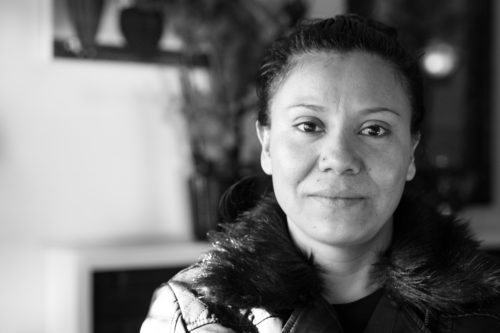
“Her eyes flickered — she was starting to lose consciousness. Her blood pressure began to drop dangerously low.”
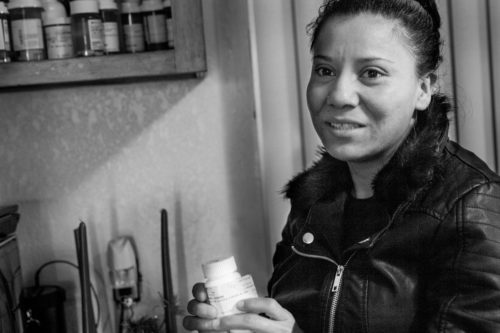
I glanced over to the dialysis machine. It wasn’t making a sound. The staff had warned us before — if the machine stops, it means something’s very wrong.
I kept pointing to the machine and yelling, “it’s not working, there’s something wrong!” I looked out into the crowded treatment room, but the caregivers were so busy with other patients that I couldn’t get their attention. At that moment, I didn’t know if the woman sitting in front of me — my mom — would live or die. And even if she did survive, would she ever live a dignified life again?
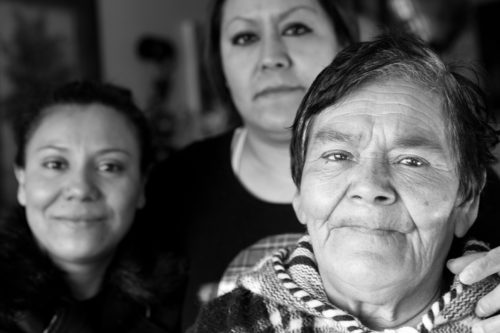
My mom has always been a survivor. Growing up, she did just about anything to help us get by, from running a food stand at a busy intersection to selling tamales to our neighbors.
But everything changed when I was 19 years old and my mom’s kidneys gave out. I can still hear my brother’s voice telling me that dialysis was the only way to keep mom alive. That was the moment I decided to leave college to take care of her.
My life became all about filling prescriptions, scheduling appointments, and doing what I could to keep her comfortable. There are days when I think about my friends and the career I could’ve had, but I know I did the right thing by giving that up to take care of mom.
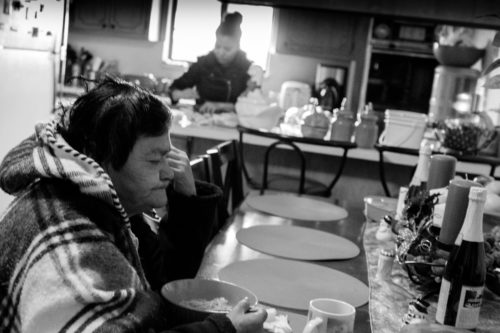
I remember my mom’s tight grip on my hand as we entered the door for her first dialysis session in 2007. We didn’t know what to expect, but right away we felt like things would be okay. So many people were paying attention to us — the nurses, patient techs, social workers, and kidney specialists came around regularly to check on mom. If her sugar levels were off, they would rush to give her water or ice to stabilize her. My mom was safe.
That was a decade ago. Things are different now. These days there aren’t enough caregivers to take care of all the dialysis patients that come in. I see them rushing around trying to dole out medicine, check patient charts, hook the patients up to the machines, check their levels, answer questions — it’s way too much for so few caregivers.
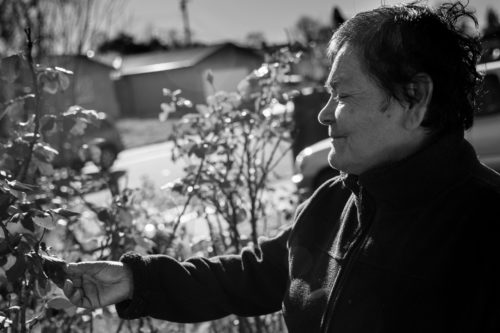
That was the problem that day my mom started losing consciousness — the caregivers were too busy with other patients to see or hear her. But I kept yelling until a nurse was finally able to hear me. She pulled away from one of her patients, rushed over, reclined my mom, and gave her some oxygen to stabilize her.
My mom walked away from her dialysis session that day, but I don’t know what would have happened if I weren’t there to cry for help.
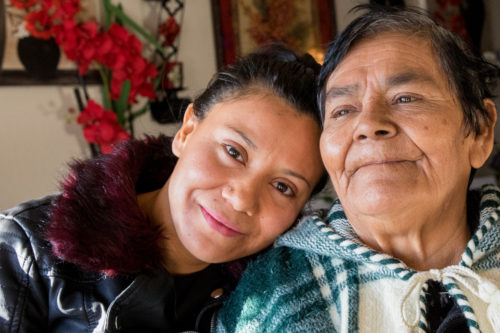
Since that day it’s been getting harder and harder to convince my mom to get out of bed and into the dialysis chair three times a week. We always worry that something bad will happen again but that this time I won’t be able to get help in time.
That’s why we need to fix dialysis. It’s the only way my mom and many others will be able to live their lives with dignity.